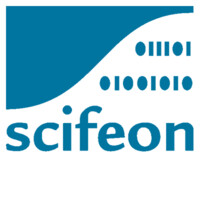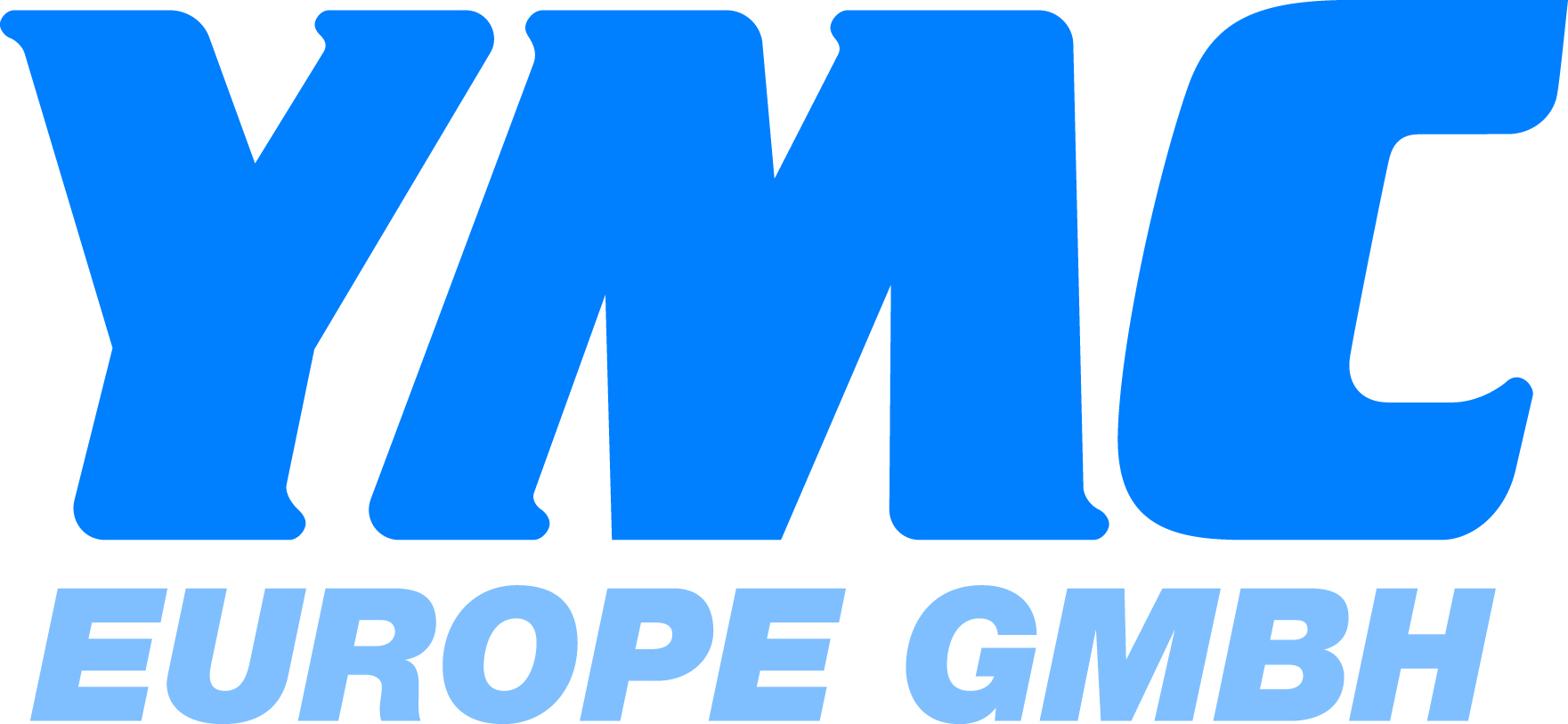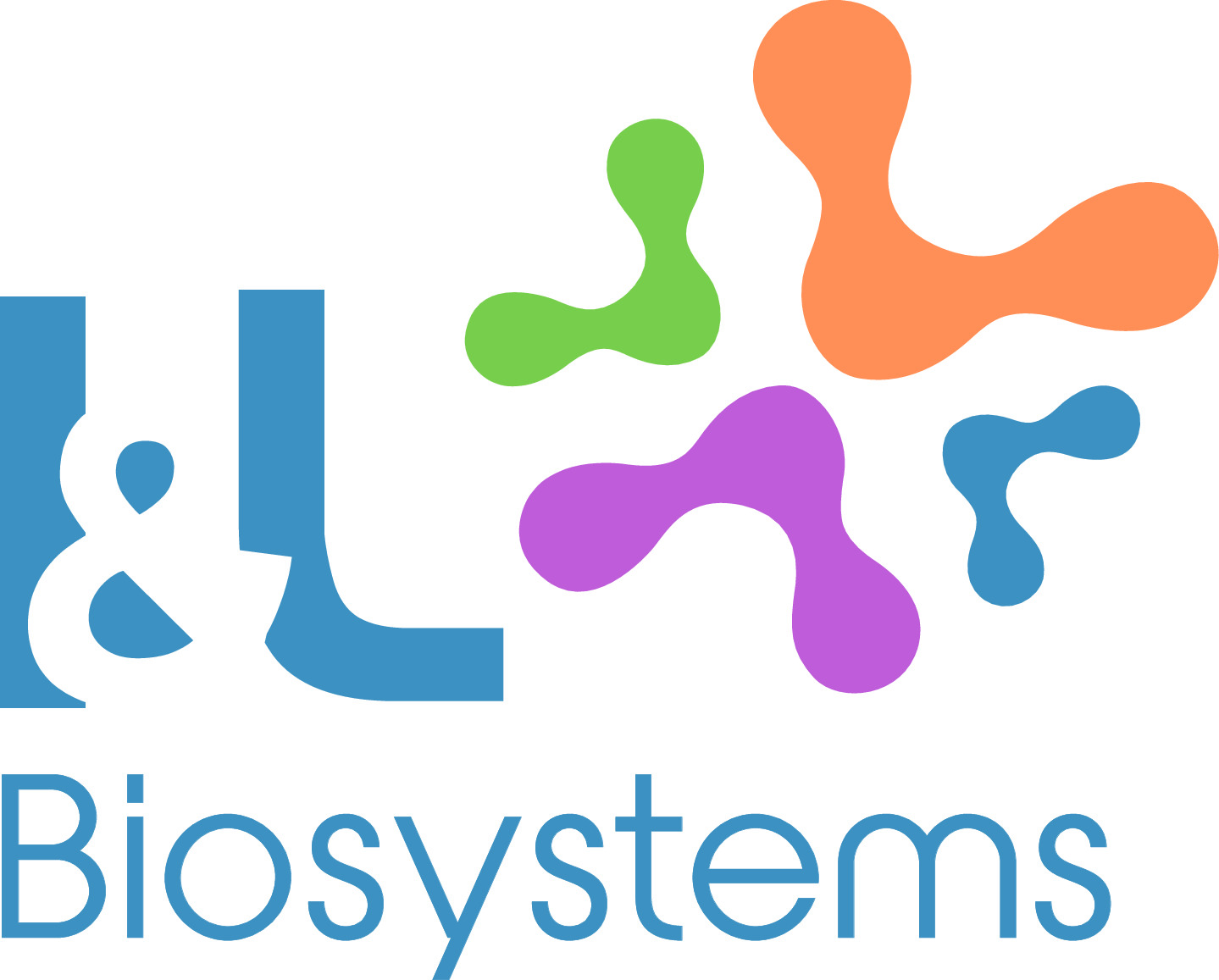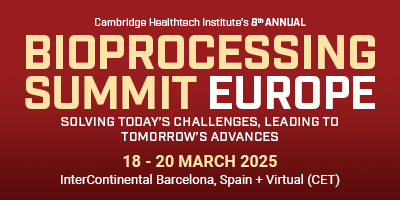Cambridge Healthtech Instituteの初開催
Process Modelling and Developability
プロセスモデリングと開発可能性
Transforming Biotherapeutic Production with Cutting-Edge Computational Tools
最先端の計算ツールによるバイオ医薬品生産の変革
2025年3月18日 - 19日 CET(中央ヨーロッパ標準時)
3月18日(火)
07:00Registration and Morning Coffee
CHEMOMETRICS & MODELLING
ケモメトリクスとモデリング
Deep Learning for Optimisation of Protein Expression
 Yuxin Shen, Researcher, School of Biological Science, University of Edinburgh
Yuxin Shen, Researcher, School of Biological Science, University of Edinburgh
Deep learning is a promising approach for building sequence-to-expression models for strain optimisation. But these need large and costly data that create steep entry barriers for many laboratories. In this talk I will discuss data requirements and how they impact predictive accuracy, alongside training strategies for improved prediction of protein expression in new regions of the sequence space. These results provide guidelines for balancing data cost/quality in predictive strain design.
How to Develop and What to Expect from Predictive Process Models
 Michael Sokolov, PhD, Lecturer, ETH Zurich; COO and Chairman, Datahow AG
Michael Sokolov, PhD, Lecturer, ETH Zurich; COO and Chairman, Datahow AG
This presentation will delve into strategies for developing accurate predictive models from limited and yet complex data, the necessary data inputs, and the potential challenges faced during implementation. Based on many industrial use cases attendees will gain insights into how these models can forecast performance, reduce variability, and streamline manufacturing, improving both efficiency and product quality in biologic drug development.
10:00Grand Opening Coffee Break in the Exhibit Hall with Poster Viewing

Automated Knowledge Generation, Valorisation, and Exchange Strategies Reshape Bioprocess Development
 Peter Neubauer, PhD, Lab Head, Bioprocess Engineering, TU Berlin
Peter Neubauer, PhD, Lab Head, Bioprocess Engineering, TU Berlin
Complex self-driving intelligent experiments for bioprocess development are only possible by integrating all aspects of cell cultivation, analytics and modeling into a comprehensive framework and steered by an effective Workflow Management System. This is realised in the KIWI-biolab and its opportunities for process optimisation and collaboration are demonstrated by a number of developmental projects. The strict implementation of such full automated approaches promotes the application of Findable, Accessible, Interoperable and Reusable (FAIR) principles, allowing researchers to readily share protocols, models, methods and data.
Digital Twin-Enhanced Process Development: Success Stories from mAbs, C&CT, and Continuous Processing
 Mark Duerkop, CEO, Novasign GmbH
Mark Duerkop, CEO, Novasign GmbH
The application of modelling tools in bioprocess development and manufacturing has garnered considerable interest. But what does it really take to develop digital bioprocess twins? This talk dives into key topics such as the business impact of process modelling, experimental design strategies, tailored modelling approaches, accelerated process development, seamless scale-up, and the real-time use of models for monitoring and control. These principles will be demonstrated through several diverse industrial case studies, showcasing the Toolbox capabilities, from accelerated upstream development to gene and cell therapy (G>).
Physics-Informed Artificial Intelligence: A Groundbreaking Technology in the Biopharmaceutical Industry
 Ignasi Bofarull-Manzano, CMC Data Scientist, Körber Pharma; Industrial PhD Candidate, RWTH Aachen University
Ignasi Bofarull-Manzano, CMC Data Scientist, Körber Pharma; Industrial PhD Candidate, RWTH Aachen University
While AI's transformative power is well recognized across industries, its potential in pharmaceutical bioprocessing remains underexploited due to limited data. In 2019, Raissi et al. introduced Physics-Informed Neural Networks (PINNs), creating a new paradigm by integrating deep learning with first-principles laws. This method enables the use of AI even with scarce data, presenting a groundbreaking chance to revolutionise biopharmaceutical processes by cutting costs and accelerating the time-to-market for new therapies.

Unlocking the Power of Bioprocess Modeling: The Role of Continuous Real-Time Data
 Graziella Piras, Senior Director, LS Strategic Marketing, Marketing, 908 Devices Inc.
Graziella Piras, Senior Director, LS Strategic Marketing, Marketing, 908 Devices Inc.
Bioprocess modeling is a powerful tool for optimizing process parameters and critical quality attributes (CQAs) while reducing reliance on extensive experimental testing. By enabling predictive capabilities, real-time monitoring, and dynamic process control, modeling enhances efficiency and ensures robust manufacturing processes. Regulatory agencies actively support its adoption to improve product quality and manufacturing consistency.
12:45Networking Lunch in the Exhibit Hall with Poster Viewing

METHODS FOR DEVELOPABILITY ANALYSIS
開発可能性分析のメソッド
Developability Evaluations for Complex Biologics
 Maniraj Bhagawati, PhD, Senior Scientist and Lab Head, Functional Characterization, Large Molecule Research, Roche pRED
Maniraj Bhagawati, PhD, Senior Scientist and Lab Head, Functional Characterization, Large Molecule Research, Roche pRED
The pharmaceutical industry is focusing on patient convenience and decentralised care, driving the need for high-concentration liquid formulations with stable protein behavior. However, predicting protein behavior at high concentrations-including risks like viscosity or aggregation-remains challenging, especially with complex molecular designs. We present an early screening process using high-throughput assays to assess critical solution parameters and predict developability risks across various molecule formats early in drug discovery.
Comparing the Outlook of Developability Assessment of Monoclonal Antibodies to AAV Therapeutics for Successful Lead Candidate Selection from Discovery to Development
 Yogapriya Murugesan, Scientist I, Gene Therapy & Drug Product Development, Biogen
Yogapriya Murugesan, Scientist I, Gene Therapy & Drug Product Development, Biogen
Molecular properties that impact developability attributes and outcomes comprises of conformational, chemical, colloidal, and other interactions. These attributes are measured using relevant analytical methods to assess the developability/ manufacturability of the molecule in different formulation. Developability assessment of mAbs has been studied and applying this assessment using the right tools to new modalities such AAV will help streamline capsid selection and candidate selection from discovery to development for new modalities
Developability Assessment and Formulation Development for Novel Biotherapeutics
 Shahid Uddin, PhD, Senior Director, Formulation Development and Laboratory Operations, Immunocore
Shahid Uddin, PhD, Senior Director, Formulation Development and Laboratory Operations, Immunocore
Ensuring the success of novel biotherapeutics requires rigorous developability assessments and formulation strategies. This presentation delves into methods for evaluating the physicochemical properties and stability of new biologic candidates. Learn how early-stage assessments can inform formulation development to improve manufacturability, enhance stability, and address potential challenges before clinical stages, ultimately accelerating the path to market for innovative therapeutics.
 Derisk early and accelerate antibody development with mass photometry - rapid, column-free aggregation assessment
Derisk early and accelerate antibody development with mass photometry - rapid, column-free aggregation assessmentSpeaker to be Announced, Refeyn
Mass photometry (MP) enables column-free aggregation assessment using nanograms of sample in minutes. Column-free measurements avoid method development steps and column-interactions/clogging. This talk explores how MP can streamline development projects involving mAbs, BsAbs, and ADCs.
15:50Refreshment Break in the Exhibit Hall with Poster Viewing

APPLICATIONS OF AI AND BIG DATA IN BIOPROCESS ANALYTICS
バイオプロセスアナリティクスにおけるAI・ビッグデータのアプリケーション
Accelerating Development and Formulation Design of Biologics with Bayesian Optimisation
 Isabel Waibel, Graduate Student, Biochemical Engineering, ETH Zurich
Isabel Waibel, Graduate Student, Biochemical Engineering, ETH Zurich
The development and formulation of therapeutic antibodies is a highly complex optimisation task requiring significant time and resources. This can be particularly problematic for emerging engineered antibody formats, such as fragments and bispecifics, which can suffer from developability issues. Here we show a Bayesian optimisation method to improve multiple developability properties simultaneously through formulation design.
From Real-time monitoring to Digital Twins: Advancing Drug Substance Process Development through Data-Driven Approaches
 Mengyao Li, PhD, Senior Expert, Scientific Office, Drug Substance, Novartis Pharma AG
Mengyao Li, PhD, Senior Expert, Scientific Office, Drug Substance, Novartis Pharma AG
We will provide an overview of how various PAT and Data-Driven approaches are used in different process units in our Drug Substance Process Development. we will showcase several PAT applications and how we use them to improve productivity and reduce development timelines. Finally, we will address challenges and pitfalls encountered during implementation of these approaches and share our future vision of using these approaches to transform pharmaceutical manufacturing.
Implementing AI and ML in Analytical Development
 Jake Black, PhD, Senior Consultant, Syner-G BioPharma Group
Jake Black, PhD, Senior Consultant, Syner-G BioPharma Group
Though AI, ML, and other modern algorithmic data analysis techniques are poised to provide a range of benefits across the biopharmaceutical industry, these advances will be particularly impactful to analytical development. This talk will highlight key considerations from a CMC perspective when implementing AI/ML in analytical development. Additional focus will be placed on recent regulatory guidance pertaining to the development and validation of analytical methodologies utilising algorithmic data processing techniques.
17:50Welcome Reception in the Exhibit Hall with Poster Viewing
18:50Close of Day
3月19日(水)
08:00Registration and Morning Coffee
PROCESS ANALYTICS
プロセスアナリティクス
Online Liquid Chromatography for Real-Time Monitoring in Downstream Processing of Biopharmaceuticals
 Tobias Graf, Principal Associate Scientist, Analytical Development, Roche Diagnostics GmbH
Tobias Graf, Principal Associate Scientist, Analytical Development, Roche Diagnostics GmbH
Data obtained and processed near real-time can provide information to confer consistent product quality, less product and resource wastage, and increased productivity, irrespective of variations in process, materials, and operating environment. The practical implementation of Process Analytical Technologies (PAT) requires, however, analytical methods offering sufficient speed, selectivity, and sensitivity. An online Liquid Chromatography (LC) setup enabling real-time monitoring of product quality will be presented.
Biomanufacturing Process Analytical Utility of Raman Microscopy, Focusing on Cells for Therapy
 James M. Piret, PhD, Professor, Chemical & Biological Engineering, Michael Smith Labs, University of British Columbia
James M. Piret, PhD, Professor, Chemical & Biological Engineering, Michael Smith Labs, University of British Columbia
Clinical therapies based on cells have the potential to cure many diseases. However, populations of cells cannot be purified or analyzed as stringently as drugs. By analyzing changes in macromolecular cell composition, Raman microscopy offers a label-free approach to validate both biomanufacturing processes and final cell products. Using Raman microscopy, we have detected early apoptosis, distinguished stem cells from their differentiated progeny, as well as T-cell subtypes and activation states.
Monitoring the in vitro Transcription for mRNA Production Using Raman Spectroscopy
 Laurens Vergauwen, Process Development Scientist, Technical and Scientific Solutions, Merck
Laurens Vergauwen, Process Development Scientist, Technical and Scientific Solutions, Merck
In the rapidly growing field of mRNA medicines, monitoring the efficiency and integrity of the in vitro transcription (IVT) is crucial. Precise monitoring of nucleoside triphosphate (NTP) bases and RNA molecules during IVT is essential for optimising reaction conditions and ensuring high-fidelity RNA synthesis. This presentation discusses the innovative use of Raman spectroscopy as a non-destructive analytical tool that overcomes the limitations of conventional techniques. A data-driven case study will be highlighted which shows that Raman spectroscopy can be used to monitor the consumption of NTPs and formation of mRNA product during the IVT reaction.
10:00Attend Parallel Presentation
10:30Coffee Break in the Exhibit Hall with Poster Viewing

PLENARY KEYNOTE: ADAPTING TO GLOBAL DEMANDS AND EVOLVING PIPELINES
プレナリー基調講演:世界的な需要への適応と進化するパイプライン
CMC Strategies for Diverse Pipelines and Complex Modalities
 Christian Hunzinger, PhD, Senior Director and Head, CMC Development Proteins, ADCs and Chemical Entities, BioNTech
Christian Hunzinger, PhD, Senior Director and Head, CMC Development Proteins, ADCs and Chemical Entities, BioNTech
Biopharmaceutical treatment paradigms are shifting from monotherapy towards multi-target approaches with complex multimodal entities. This complexity also translates into increasingly complex CMC development and manufacturing strategies. The talk will provide a general overview on recent developments, challenges, and opportunities, along with examples from various stages of the CMC development lifecycle.
Enhancing Process Development: Balancing Yields with Downstream Efficiency and Emerging Technologies
 Oliver Kaltenbrunner, PhD, Scientific Director, Process Development, Amgen Inc.
Oliver Kaltenbrunner, PhD, Scientific Director, Process Development, Amgen Inc.
Explore the evolving landscape of process development, emphasising the critical balance between maximising yields and optimising downstream processing. This presentation will delve into the impact of upstream processes on primary recovery, integrating cutting-edge technologies like Process Analytical Technology (PAT), advanced modelling, and artificial intelligence. Supported by real-world examples, we'll examine how these innovations are reshaping process efficiency and performance in the industry.
12:20Session Break
12:30Sponsored Presentation (Opportunity Available)
13:00Networking Lunch in the Exhibit Hall with Poster Viewing

14:00Close of Process Modelling and Developability Conference
* 不測の事態により、事前の予告なしにプログラムが変更される場合があります。
アジェンダ・講演者・スポンサー更新

 Talk Title to be Announced
Talk Title to be Announced












